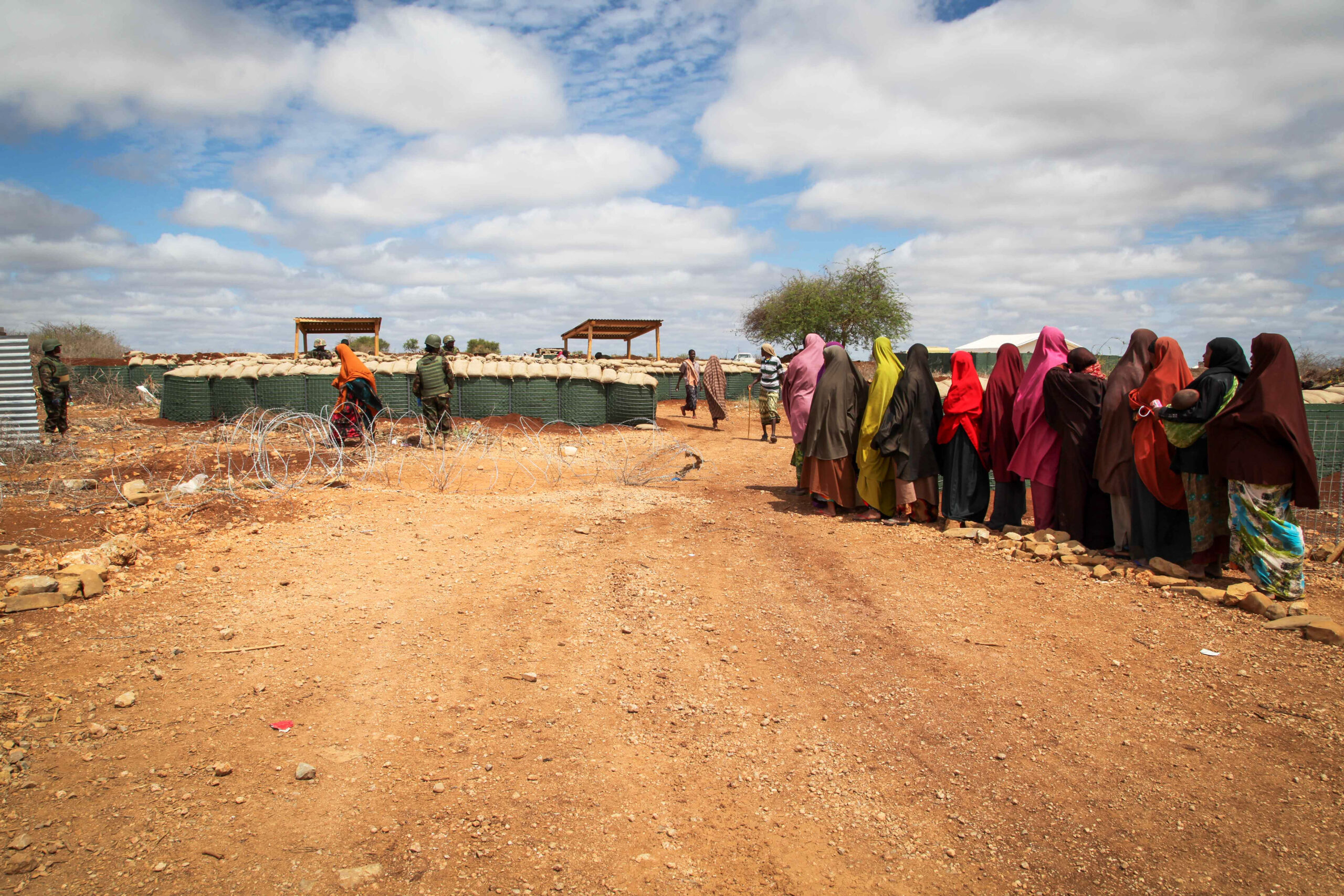
Active
Better Assistance in Crises (BASIC) Research
The intersection of protracted conflict and displacement with recurring climate shocks, alongside the shifting nature of humanitarian responses, presents multiple challenges for how to provide social assistance more effectively in protracted crises.
BASIC (Better Assistance in Crises) Research is a Foreign, Commonwealth and Development Office funded programme examining why, how and when to use social protection approaches in different crisis contexts, to deliver more effective social assistance so that vulnerable people cope better with crises and meet their basic needs.
Recent work
publications
This paper explores how and how far considerations of inclusion are found in the policy and programming space described as the ‘humanitarian-social protection nexus’. It starts with a hypothesis that while maximising linkages between social protection and humanitarian assistance are…
09 July 2025
events
This event will explore the opportunities for smarter investment in frontline capacities for social protection in deepening crises, sharing experiences and evidence from aid practitioners and researchers working across the humanitarian-development-peacebuilding nexus in Yemen, Syria and Iraq. Watch now https://youtu.be/Rkn549WwbGU?si=9nZZOgFco8i3Vg1o&t=74…
08 July 2025
publications
Lebanon’s 2019 financial collapse ranks among the worst globally in recent history. Rooted in decades of fiscal mismanagement, entrenched clientelism, and a post-civil war economic model that emphasises speculative financialisation over social welfare, the resultant collapse of the Lebanese pound…
07 July 2025
publications
This paper examines the politics and dynamics of social assistance in Yemen, where international humanitarian aid dominates support to conflict-affected populations. The landscape for social assistance provision in Yemen is bifurcated between areas controlled by the Government of Yemen and…
30 June 2025
Opinion
Six months after the USAID cuts tilted the aid world on its axis, donors and agencies are still finding their feet. Humanitarians are emerging from last week’s Geneva meetings – with talk of ‘cruel math’ of hyper-prioritisation and of resetting…
24 June 2025
publications
This review examines shifts and emerging trends in the accountability of social assistance during crises, based on findings from the previous 2022 review. It draws on primary research from the Better Assistance in Crises (BASIC) Research programme, including themes such…
18 June 2025
Opinion
These turbulent times strengthen the case for social protection – when there’s so much precarity, a solid floor is all the more important. And it’s clearer than ever that we can’t dodge the difficult questions: how do we deliver on…
11 June 2025
publications
This research examines the challenges and prospects of financing social protection in protracted crisis countries (PCCs), where political instability and complex emergencies intersect with under-resourced systems. Recognising the importance of domestic financing, the research focuses on the role of international…
04 June 2025
People

Senior Project Support Officer

Programme Manager

Research Fellow

Deputy Director, Chronic Poverty Advisory Network; Research Fellow, IDS

Research Fellow

Communications and Impact Officer
People


